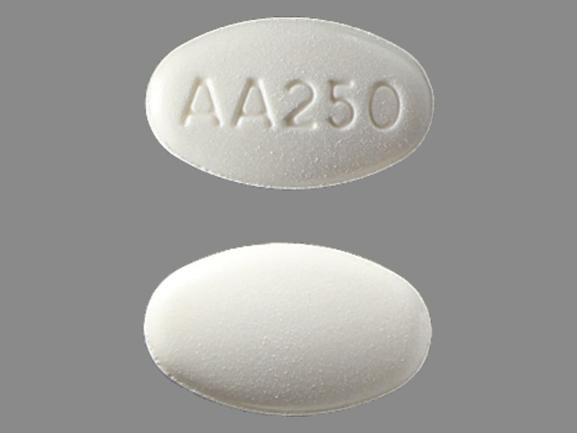Zytiga and Alcohol/Food Interactions
There is 1 alcohol/food/lifestyle interaction with Zytiga (abiraterone).
Abiraterone Food/Lifestyle
Moderate Food Interaction
This interaction does not apply to abiraterone acetate (Yonsa) 125 mg tablets, which can be taken with or without food. Taking abiraterone with food increases the amount of medicine that gets absorbed by the body for certain formulations. This may increase the risk of side effects such as high blood pressure, water retention, and a condition called hypokalemia (low blood potassium), which in severe cases can lead to muscle weakness, paralysis, breathing and swallowing difficulties (due to muscle paralysis), and irregular heart rhythm. You should take abiraterone once a day on an empty stomach. No food should be eaten for at least two hours before and one hour after taking abiraterone. Let your doctor know if you experience nausea, vomiting, constipation, abdominal cramping, confusion, dizziness, lightheadedness, fainting, muscle weakness, muscle cramps, numbness or tingling, rapid heartbeat, chest pain, and/or swelling in the legs or feet, as these may be symptoms of hypokalemia or excessive effects of abiraterone. It is important to tell your doctor about all other medications you use, including vitamins and herbs. Do not stop using any medications without first talking to your doctor.
Switch to professional interaction data
Zytiga drug interactions
There are 425 drug interactions with Zytiga (abiraterone).
Zytiga disease interactions
There are 2 disease interactions with Zytiga (abiraterone) which include:
More about Zytiga (abiraterone)
- Zytiga consumer information
- Check interactions
- Compare alternatives
- Pricing & coupons
- Reviews (41)
- Drug images
- Side effects
- Dosage information
- During pregnancy
- Generic availability
- Support group
- FDA approval history
- Drug class: miscellaneous antineoplastics
- En español
Related treatment guides
Drug Interaction Classification
| Highly clinically significant. Avoid combinations; the risk of the interaction outweighs the benefit. | |
| Moderately clinically significant. Usually avoid combinations; use it only under special circumstances. | |
| Minimally clinically significant. Minimize risk; assess risk and consider an alternative drug, take steps to circumvent the interaction risk and/or institute a monitoring plan. | |
| No interaction information available. |
See also:
Further information
Always consult your healthcare provider to ensure the information displayed on this page applies to your personal circumstances.


